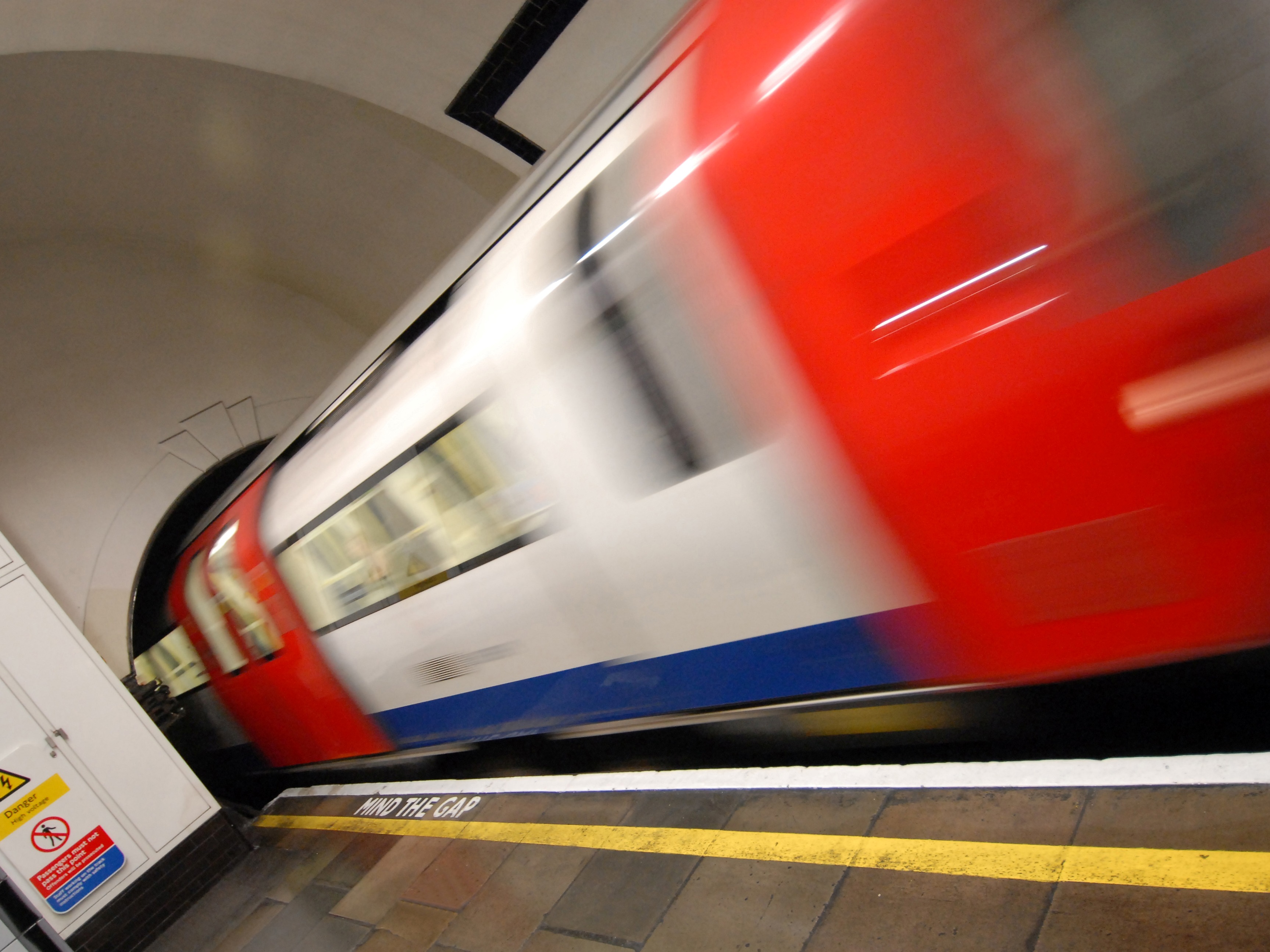Mobile use coming for London Tube
And no more dropped calls on the train either

The never-ending Digital Britain report today stated that it would make sure that commuters would be able to use their mobile phones without connection loss on London Underground and on Network Rail trains.
The report outlined plans to make London's Underground mobile phone friendly by 2012, when the city is hosting the Olympics.
The Government says it expects: "mobile network operators... to provide and fund solutions to take the initiative to improve the broadband mobile access for mobile customers travelling by Tube – including the huge influx of international visitors to the London Olympics.
"If regulatory or other similar constraints turn out to be a barrier the Government is willing to address these."
A similar stipulation will be placed on rail network operators in order to maximise coverage. The report states that making sure high speed broadband access will become part of the franchise agreements, or that making sure mobile broadband is improved along the rail lines in the next Network Rail budget discussions.
Faster mobile broadband for all
Mobile broadband coverage, and facilitating the step to super-fast 100Mbps internet speeds, will also be improved by auctioning off more spectrum to network operators.
Sign up for breaking news, reviews, opinion, top tech deals, and more.
At the moment O2 and Vodafone operate the vast majority, but under new plans to offer more spectrum, other players would be able to level the influence they have in the evolution to next generation mobile broadband.
This means that a super-fast frequency (2.6GHz) will be auctioned off in the very near future, likely 2010, meaning next generation networks can begin to be deployed.
At the same time, the 800Mhz spectrum (which is currently being used by analogue TV signals, which will be switched off in the very near future) will be auctioned off as well. This frequency is better suited to travelling longer distances, so fewer broadcast towers could be erected to offer mobile broadband to rural areas.
The problem for likes of O2 and Vodafone is there will be a cap of spectrum allowance, so the 'Big Four' (ie Vodafone, O2, T-Mobile and Orange) won't be able to simply use wealth to maintain the monopoly.
Essentially this means a more level playing field for the likes of 3 and other prospective entrants into the market, although financial incentives will be offered to help smooth the integration of more frequencies.
O2 has given a mixed reaction to the report, stating that it will seek further discussion on the matter:
"Mobile phone and broadband technology has the potential to help address many of the major challenges facing the country – economic growth, climate change, and transforming the way public services are accessed and delivered.
"We want to see the UK's digital economy fully realise its potential and so we welcome the publication of the Digital Britain Report and look forward to further discussions with the Government and Ofcom on how to implement the Report's recommendations."

Gareth has been part of the consumer technology world in a career spanning three decades. He started life as a staff writer on the fledgling TechRadar, and has grew with the site (primarily as phones, tablets and wearables editor) until becoming Global Editor in Chief in 2018. Gareth has written over 4,000 articles for TechRadar, has contributed expert insight to a number of other publications, chaired panels on zeitgeist technologies, presented at the Gadget Show Live as well as representing the brand on TV and radio for multiple channels including Sky, BBC, ITV and Al-Jazeera. Passionate about fitness, he can bore anyone rigid about stress management, sleep tracking, heart rate variance as well as bemoaning something about the latest iPhone, Galaxy or OLED TV.